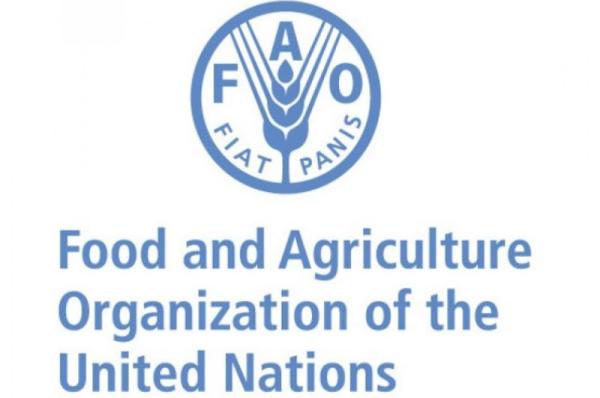
The Food and Agriculture Organisation (FAO), has declared that Africa is still off-track to achieving the food security and nutrition targets of the United Nations (UN) Sustainable Development Goal (SDG) target by 2030.
The FAO made this declaration in its latest report tagged, “Africa Regional Overview of Food Security and Nutrition – Statistics and Trends 2023.”
The report, posted on FAO’s website, stated that Africa is also far from achieving the Malabo targets of ending hunger and all forms of malnutrition by 2025.
It also highlighted the continent’s alarming statistics on food insecurity and malnutrition that underscored the urgent need for comprehensive action.
According to the report, nearly 282 million people in Africa (about 20 percent of the population) are undernourished and unable to afford a healthy diet.
It said: “The deterioration of the food security situation and the lack of progress towards the World Health Organisation (WHO) global nutrition targets make it imperative for countries to step up their efforts if they are to achieve a world without hunger and malnutrition by 2030.”
The report found that the prevalence of stunting among children less than five years of age was 30 per cent in 2022, which remained high despite a substantial improvement during the past two decades.
It stressed that the prevalence of wasting in children in the region remained just below the global estimate of 6.8 per cent in 2022 and was relatively high in all sub regions except Southern Africa.
The report revealed that the prevalence of anaemia among adult women remains high in Africa, above the global estimate, and especially so in Western Africa and Central Africa, adding that despite modest progress in Africa in the reduction of the prevalence of low birth weight during the last two decades, the prevalence was still high compared to the global estimate.
It added that the prevalence of adult obesity in Northern and Southern Africa is about twice the global estimate.
However, it stated that the prevalence of exclusive breastfeeding in Africa is high in Eastern Africa, with considerable progress made in Central Africa and Western Africa since 2012.
The FAO said that the majority of Africa’s population, about 78 per cent or more than one billion people, remained unable to afford a healthy diet, compared with 42 per cent at the global level, warning that the number is rising.
“The average cost of a healthy diet has been increasing over time, and was at 3.57 purchasing power parity (PPP) dollars per person per day in 2021 in Africa, which is much higher than the extreme poverty threshold of USD 2.15 per person per day. This means that not only the poor but also a large proportion of people defined as non-poor cannot afford a healthy diet in Africa. Western Africa and Eastern Africa had the largest cumulative increases in the cost of a healthy diet between 2019 and 2021,” FAO lamented.





















